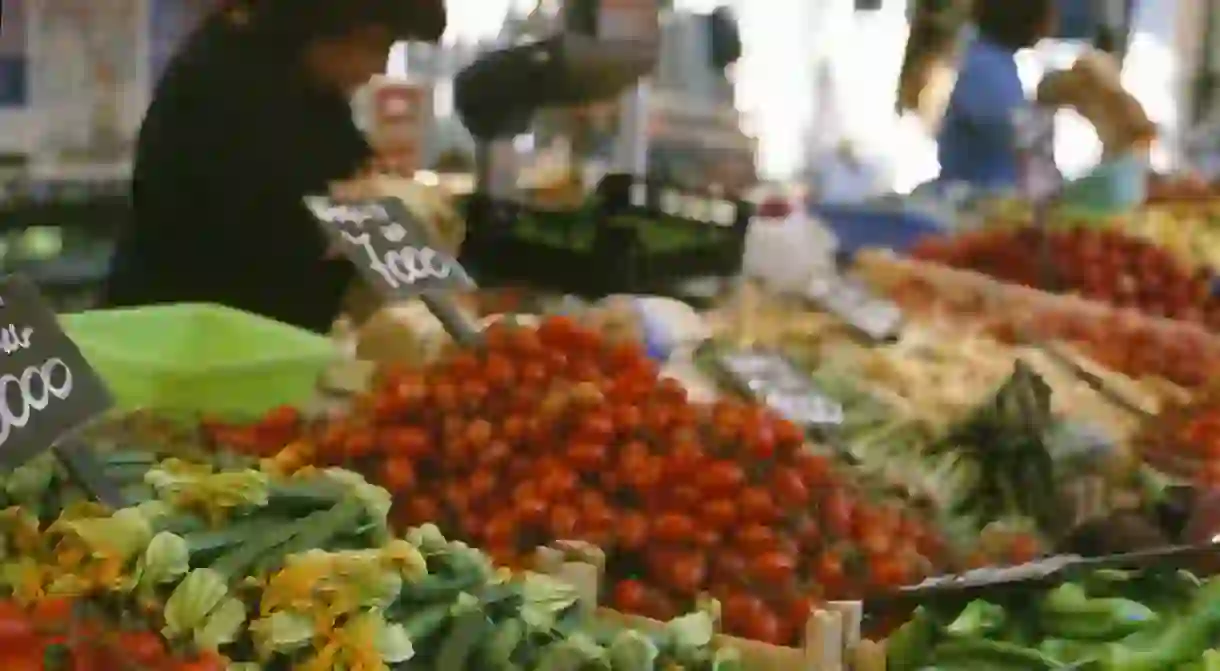16 Phrases You Need to Know Before Visiting Finland

The Finnish language can seem intimidating to visitors at first due to its long words and letters that aren’t used in English; thankfully, getting the pronunciations down allows non-Finnish speakers to easily say the most common phrases. These are some of the most useful words and phrases that you will need on a visit to Finland.
Kiitos (Please/thank you)
The most important phrase visitors need to learn is ‘kiitos’, or its more informal version ‘kiiti’, which means ‘thank you’. Basic manners say to use this phrase after interacting with a cashier, bartender, or anyone else who has provided a service. Using it to say ‘please’ isn’t quite as common as it isn’t used in the same way it is in English. Don’t worry about being rude when not saying ‘please’ as in Finnish, it is optional.
Puhutteko englantia? (Do you speak English?)
If you still find yourself unable to understand what someone is saying, using this phrase will usually cause a Finnish speaker to switch to English for your benefit. English has been a part of the Finnish-school curriculum for a long time, so most Finns will be able to hold a conversation with an English speaker.
Hei hei (Hi/bye)
Rather than the more formal versions of ‘hello’ and ‘goodbye’—‘terve’ and ‘näkemiin’ respectively—it is more common to use the more informal version, ‘hei hei’, which means both ‘hi’ and ‘bye’.
Mitä tama/tuo on? (What is this/that?)
You may come across a lot of unfamiliar things in Finland, so this phrase, using ‘tama’ for ‘this’ or ‘tuo’ for ‘that’ will get your questions answered. Remember to use ‘mikä’ in place of ‘mitä’ when referring to a noun.

En ymmärrä (I don’t understand)
If your best efforts to speak Finnish still gets away with you, this phrase followed up by the one below should help get you back on track. You might also want to remember ‘voitko sanoa uudelleen’ as a way of saying ‘can you repeat that?’.
Puhuisitteko hieman hitaammin? (Can you speak more slowly?)
Most people can get carried away when speaking their own language and not realise that they are speaking too quickly for others to understand. People may forget that they are speaking too quickly for you to pick up on an unfamiliar language, so using this polite phrase will help you keep up with the conversation.
Ei kesta (No problem)
The literal translation of ‘ei kesta’ is ‘no problem’, but it can also be used to say ‘no worries’, ‘don’t mention it’, or ‘you’re welcome’.
Olen kotoisin…sta (I am from…)
Despite their reputation for being unfriendly, many Finns will likely want to chat find out more about you. Use this phrase to say where you are from—or where you live, adding a ‘sta’ suffix to the end. Many countries’ names are spelled differently in Finnish (e.g. ‘Iso-Brittania’ instead of ‘Great Britain’), but if you don’t know the translation, it is still permissible to use your local name for your country or town.
Voinko saada…? (Can I have…?)
Use this phrase when asking for something in a shop, restaurant, or café. Use ‘tama’ or tuo’ if you don’t know the correct Finnish for what you are asking for. In informal settings, such as at a bar, you can even just say what you want without any formalities. For instance, ‘kaks olut’ in place of ‘two pints’.

Anteeksi (I’m sorry/Excuse me)
Another useful phrase to learn, ‘anteeksi’ means both ‘I’m sorry’ and ‘excuse me’. Use this to apologise, get somebody’s attention, or ask them to move out of your way. Most Finns use the shortened version ‘anteeks’ and rarely have the need for the more formal version.
Onko kaikki kunnossa? (Is everything alright?)
If there’s a situation where ‘I’m sorry’ isn’t enough, this phrase can be used to check on a person’s well-being or to assess a situation. For example, if there is traffic on the road, you can ask the taxi driver ‘onko kaikki kunnossa?’
Missa on vessa? (Where is the bathroom?)
Always an essential phrase to know, ‘missa on’ means ‘where is’ and can be used to ask the location of any object or place. You can also usually identify a bathroom with a big ‘W.C’ on the door.
Sisu (Guts)
This one doesn’t come up much in conversation, but is still an interesting one to know and a good way of understanding Finnish cultural attitude. ‘Sisu’ has no direct English translation, but it means something like ‘guts’, ‘grit’, ‘spunk’, or the ability to persevere despite great difficulty. It is most famously applied to the literary character Ensign Stäl, whose tale forms the lyrics of the Finnish national anthem.

Jumalauta! (God dammit!)
If the need to vent anger without letting out an offensive swear word arises, this phrase usually has you covered as it isn’t considered too offensive. It is even considered a pop culture reference, as it is the catchphrase of the police chief Repomies in the popular animated series Pasila, who frequently lets out the phrase in an angry rant.
Kippis (Cheers)
The standard toast made when drinking, which generally wishes good health or is another way of saying ‘bottoms up’.

Olen hyvin (I am fine)
If a shop assistant asks if you need assistance and you do not, this phrase will tell them that you wish to browse in peace. It can also be used in reply to ‘mitä kuuluu?’ meaning ‘how are you?’. If you wish to get the shop assistant’s attention again, use ‘missa on’ to ask for what you are searching for.
Save













